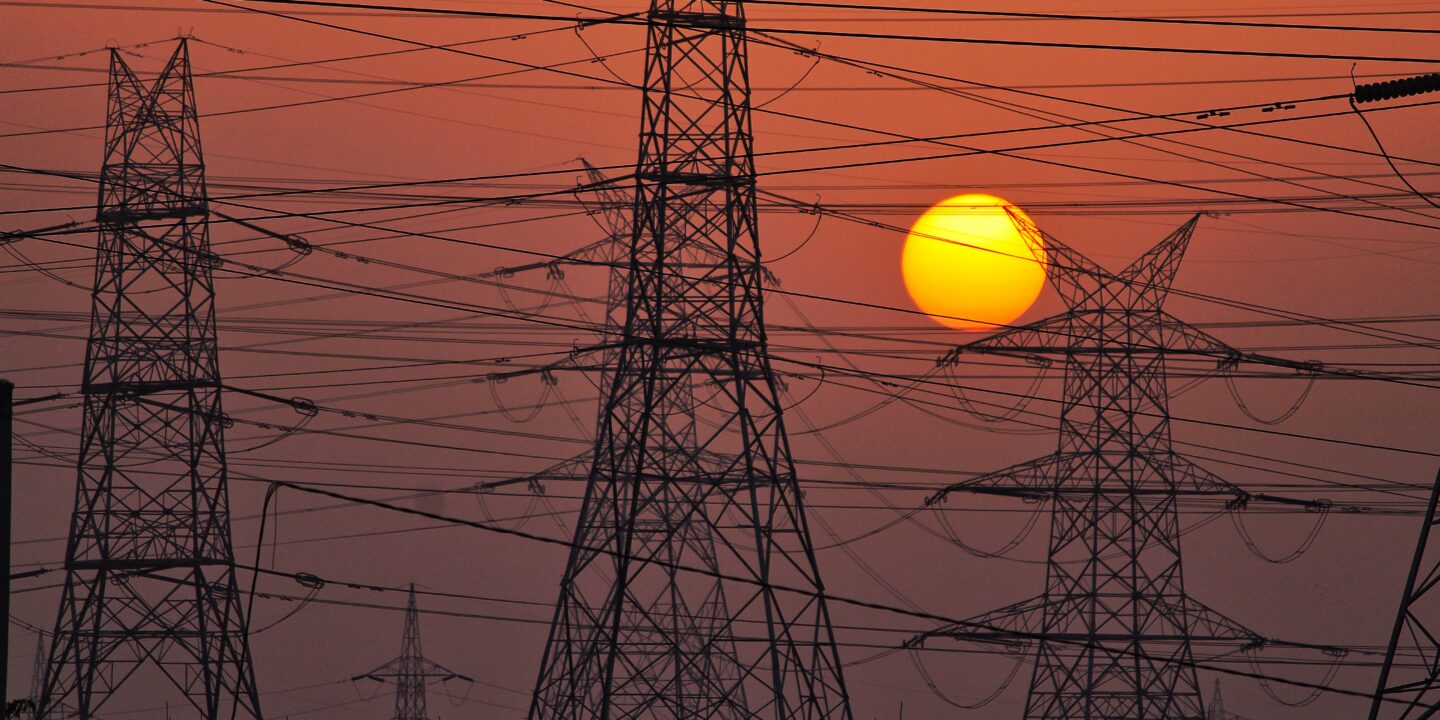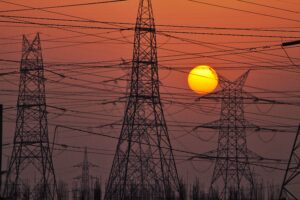
Pakistan Energy Crisis; Causes, Consequences and Solutions
Pakistan has been facing an energy crisis for several years. The main causes of the crisis include a lack of investment in new power generation capacity, outdated and inefficient power plants, and inadequate transmission and distribution infrastructure. Additionally, the country has long struggled with issues of energy theft and non-payment of bills by consumers.
The crisis has led to frequent power outages, which have negatively impacted economic growth and the daily lives of citizens. The government has taken steps to address the crisis, such as investing in new power generation projects and implementing policies to reduce energy theft, but more work needs to be done to fully resolve the issue.

Causes of Energy Crisis in Pakistan
The energy crisis in Pakistan is caused by a combination of factors, including:
- Insufficient power generation capacity: Pakistan has not invested enough in new power generation projects, leading to a shortage of electricity.
- Inefficient power plants: A large portion of Pakistan’s power generation capacity is from old and inefficient power plants, which consume more fuel and produce less electricity.
- Transmission and distribution losses: The transmission and distribution infrastructure in Pakistan is inadequate and outdated, leading to significant losses of electricity during transmission and distribution.
- Power theft and non-payment of bills: Power theft is a major problem in Pakistan, as is the non-payment of bills by consumers. This leads to a financial crisis for power companies, which then struggle to generate enough revenue to maintain and expand their operations.
- Fuel shortages: Pakistan has been facing fuel shortages for power generation, which leads to power outages and load shedding.
- Dependence on oil-based power generation: Pakistan is highly dependent on oil-based power generation, which makes it vulnerable to fluctuations in global oil prices.
- Water scarcity: Pakistan has been facing water scarcity which leads to the non-availability of water to run hydro-power stations at full capacity.
- Political instability: Political instability and lack of continuity in policies have led to the neglect of power projects and lack of investment.
Overall, resolving the energy crisis in Pakistan will require a combination of short-term solutions, such as increasing power generation capacity and reducing transmission and distribution losses, as well as longer-term solutions, such as investing in renewable energy sources and improving the overall efficiency of the power sector.

Consequences of Energy Crisis in Pakistan
The energy crisis in Pakistan has had a number of negative consequences for the country and its citizens:
- Economic damage: The energy crisis has had a significant negative impact on Pakistan’s economy. Businesses have been forced to close or scale back operations due to power outages, and the lack of reliable electricity has made it difficult for industries to operate at full capacity.
- Reduced quality of life: Power outages have caused inconvenience and hardship for citizens, particularly during the hot summer months. Inadequate access to electricity has also made it difficult for people to access basic services such as education and healthcare.
- Increased poverty: The energy crisis has contributed to increased poverty in Pakistan, as many people have lost their jobs or seen their incomes reduced due to power outages and the resulting economic damage.
- Environmental damage: The energy crisis has led to increased use of fossil fuels and wood-burning for power generation, which has contributed to air and water pollution and deforestation.
- Reduced foreign investment: The energy crisis has led to reduced foreign investment in Pakistan, as investors are deterred by the lack of reliable electricity and other infrastructure.
- Loss of competitiveness: Pakistan’s energy crisis has led to increased production costs, which has resulted in reduced competitiveness in international markets.
- Political instability: The energy crisis has led to social unrest and protests against the government.
- Dependence on imports: Pakistan’s energy crisis has led to increased dependence on imported energy, which has strained the country’s balance of payments and further weakened its economy.
Overall, the energy crisis in Pakistan has had a wide-reaching and negative impact on the country’s economy and society, and resolving the crisis will be crucial for achieving long-term economic growth and development.
Solutions of the Energy Crisis in Pakistan
There are a number of potential solutions to the energy crisis in Pakistan, including:
- Increasing power generation capacity: Pakistan needs to invest in new power generation projects, such as building new power plants and expanding existing ones, in order to increase the country’s overall power generation capacity.
- Developing renewable energy sources: Pakistan should invest in renewable energy sources such as solar and wind power to reduce its dependence on fossil fuels and to lower its greenhouse gas emissions.
- Improving the efficiency of power plants: Pakistan should invest in upgrading its existing power plants to increase their efficiency and reduce the amount of fuel they consume.
- Upgrading transmission and distribution infrastructure: Pakistan should improve its transmission and distribution infrastructure to reduce losses of electricity during transmission and distribution, which will improve the overall efficiency of the power sector.
- Reducing power theft and non-payment of bills: The government should implement policies and measures to reduce power theft and improve bill collection to make the power sector financially stable.
- Increasing water storage: Pakistan should invest in increasing water storage capacity, so that water can be stored during the monsoon season and used to generate power during the dry season.
- Improving energy conservation: Pakistan should invest in energy conservation measures, such as promoting energy-efficient appliances and buildings, to reduce the overall demand for electricity.
- Diversifying energy mix: To reduce dependence on oil-based power generation and to decrease the impact of fluctuation of oil prices, the government should invest in diversifying the energy mix to include coal, hydro, nuclear, and renewable energy.
- Improving governance: The government should work on improving governance by promoting transparency and accountability in the power sector and ensuring continuity in policies.
Implementing these solutions will require significant investment, political will and strong governance. Additionally, it will take time to see the results and to fully resolve the energy crisis in Pakistan.
Further Readings
Child Labour in Pakistan; Causes, Consequences and Solutions
Corruption in Pakistan; Causes, Consequences and Solutions
Unemployment in Pakistan; Causes, Consequences and Solutions
Poverty in Pakistan; Causes, Consequences, Solutions
Economic Challenges of Pakistan
Education System of Pakistan: Challenges and Way Forward
Pakistan Healthcare System Challenges and Solutions
Admin at The Pakistan Gazette

